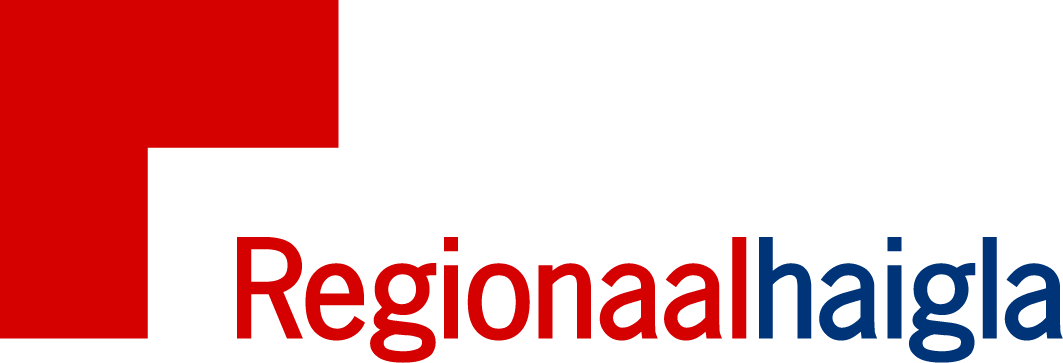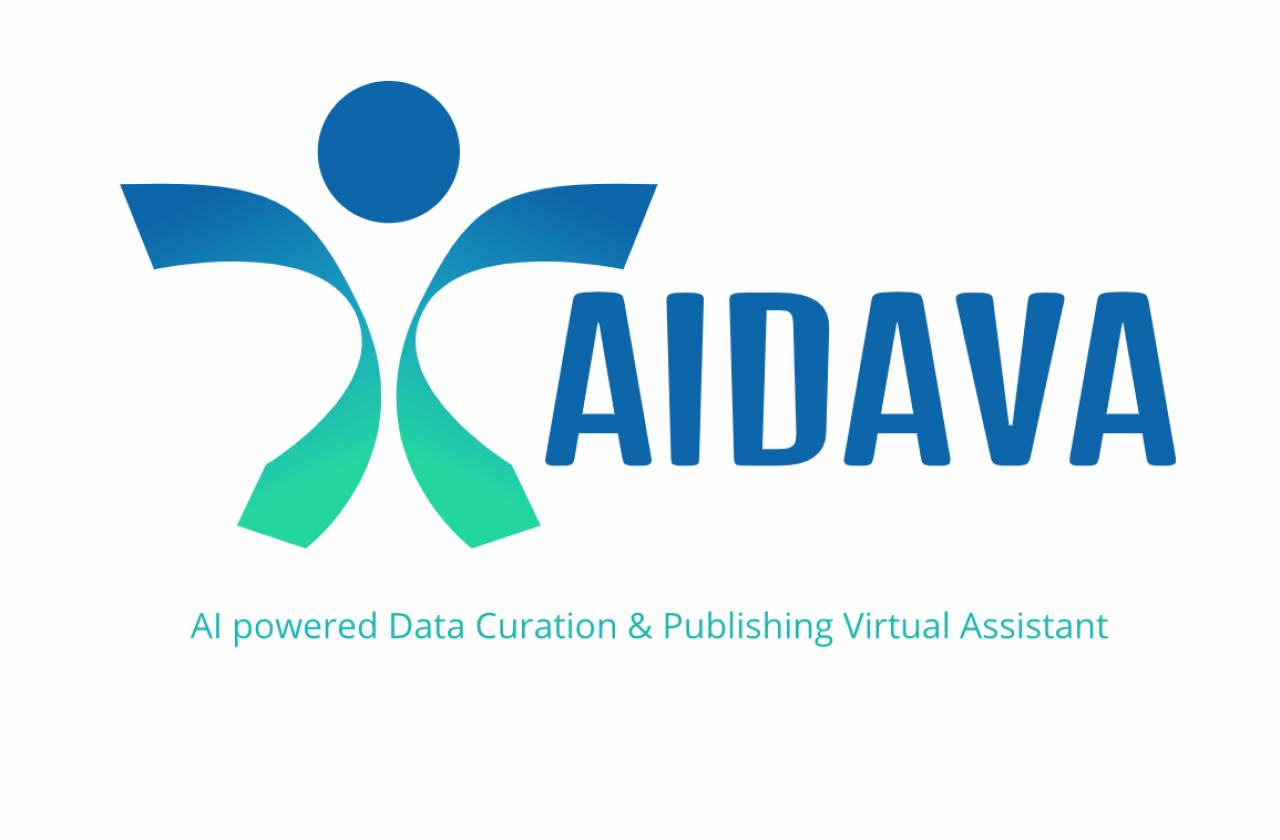New EU Research Project Launches to Automate Curation and Publishing of Personal Health Data Through Artificial Intelligence
20.10.2022All available personal health data of an individual in one consistent semantic model: through its sophisticated research project, the interdisciplinary AIDAVA consortium of 12 European partners and two associated partners will develop a digital solution, orchestrating diverse artificial intelligence technologies, for more efficient curation and publishing of personal health data, delivering interoperable and reusable personal health records for the benefit of patients and clinical researchers.
Maastricht, 5th October 2022 – The European Commission has set itself an ambitious goal: by 2030 citizens shall have full possession of their data, including health data, and have the necessary skills for making competent decisions about that data. However, reuse of personal health care data is particularly difficult as each individual’s data is typically scattered across different clinics, surgeries or hospitals and, increasingly, across providers of medical devices and personal health apps. In addition, much information is still in paper and in narrative form. Despite attempts to streamline and modernise health data management systems, seamless access and use of high-quality and integrated personal health data remains challenging for individual patients, health care providers, researchers, public health authorities and national insurances across Europe. Additionally, the data curation and publishing process of legacy data keeps being costly, time-consuming and manageable only by experts. As a consequence, much of the available personal health data is neither curated nor reusable for advanced algorithms supporting preventive and personalised medicine and clinical research; an unfortunate situation considering the wealth of information personal health data holds for entire healthcare systems.
The new research project AIDAVA (AI-powered Data Curation & Publishing Virtual Assistant), a collaboration of 14 partners from nine European countries, sets out for a quantum leap in automating personal health data curation and publishing by orchestrating multiple Artificial Intelligence (AI)-based solutions. Funded through the European Union’s Horizon Europe Framework Programme for Research and Innovation, the project has a budget of EUR 8.6 million (of which 7.7 million will be funded by the EU) over the next four years. AIDAVA is coordinated by Maastricht University.
One of three hospitals developing the use cases and testing the developed prototype in the project is The North Estonia Medical Center (NEMC). In the project NEMC is leading a work package which contributes to the detailed description and validation of approaches and ideas.
After development of the prototype NEMC will perform the research executing prototype testing together with Maastricht University Medical Center & Medical University of Graz. The North Estonia Medical Center will also actively participate in the manual annotation of text documents, which will deliver, based on agreed guidelines, annotated training data sets in three languages for machine learning based data processing.
Novel tools and AI-powered applications to innovate health data management
The new research project AIDAVA has now been initiated to support a comprehensive paradigm shift in the way personal health data is curated and published. This will be achieved by artificial intelligence tools solving fundamental questions regarding data quality, data interoperability, trustworthiness of automation, language diversity, and reusability of already collected data.
“AIDAVA aims to enhance the quality, value and portability of health data by maximising automation of the FAIRification & publishing process, through the orchestration of different artificial intelligence technologies, to turn them to AI-ready datasets so that better AI-based analytics and integration are feasible. This has incredible potentials such as delivery of a personal longitudinal health record, and seamless access to federated clinical databases, with reduced efforts on curation; this will enable more focus on patient care for healthcare providers, access to better treatment options for patients”, says Remzi Celebi, Assistant Professor of the Department of Advanced Computing Science, Faculty of Science and Engineering, at Maastricht University and coordinator of the AIDAVA consortium.
To reach this ambitious goal, the AIDAVA team will design and develop an AI-powered data curation assistant – called AIDAVA –, develop novel data curation and publishing tools, test and assess the value and acceptance of the AIDAVA prototype for maintaining breast cancer registries and longitudinal health records for CVD patients, and develop a sustainable approach to utilise the AIDAVA across healthcare facilities and systems in three countries. Central to the project is the concept of the FAIR Guiding Principles which requires data to be findable, accessible, interoperable and reusable. This is highly human resource intensive in the case of personal health data. AIDAVA will focus on automating the I and the R part of the FAIRification process.
“Most notably, AIDAVA will support the shift from mass curation, requiring experts, to individual curation where individual patients are able to curate all of their health data with the AI-based virtual assistant whereby all data will be kept in one semantic data model (a personal health knowledge graph) linked with the original data sources. Shifting this task to the individual can be daunting. That’s why our focus will lie on maximising automation and involve the end user only when needed, with guidance and explanations adapted to the level of literacy of each of them“, says Dr Isabelle de Zegher, Independent Consultant, b!loba and clinical coordinator of the consortium.
The consortium comprises academic, clinical and technology partner institutions complemented by patient organisations from Austria, Belgium, Estonia, Germany, Romania and The Netherlands as well as two associated partners from the UK and Switzerland. The project formally started on the 1st September 2022 and kicked off its activities with a first meeting taking place in Maastricht, The Netherlands, on the 5th October 2022.
***
Project Key Facts
- Full Name: AIDAVA – AI-powered Data Curation & Publishing Virtual Assistant
- Start Date: 1st September 2022
- Duration: 48 months
- Budget: 8,642,212 € - of which 7,720,615 € funded by EU
- Coordinator: Maastricht University, The Netherlands Website: www.aidava.eu
- Twitter: @aidava_project
Project Partners
- Maastricht University, The Netherlands
- b!loba, Belgium
- European Research and Project Office GmbH, Germany
- KU Leuven, Belgium
- Sirma AI EAD, Bulgaria
- The European Institute for Innovation through Health Data, Belgium
- Medizinische Universitaet Graz, Austria
- Sihtasutus Põhja-Eesti Regionaalhaigla, Estonia
- Gnome Design SRL, Romania
- Averbis GmbH, Germany
- European Cancer Patient Coalition, Belgium
- European Heart Network ASBL, Belgium
- MIDATA Cooperative, Switzerland
- Digi.me Limited, United Kingdom
Contact
Project Coordinator
Maastricht University, The Netherlands
Remzi Celebi
Phone: +31 (0) 6 3656 0941
Mail: remzi.celebi@maastrichtuniversity.nl
Project Management
EURICE GmbH, Germany
Christa Brettar
Phone: +49 (0) 6894 3881318
Mail: c.brettar@eurice.eu
Project Co-Coordinator (Clinical)
b!loba, Belgium
Isabelle de Zegher
Phone: +32 (0) 478 48 28 54
Mail: isabelle@dezegher.com

